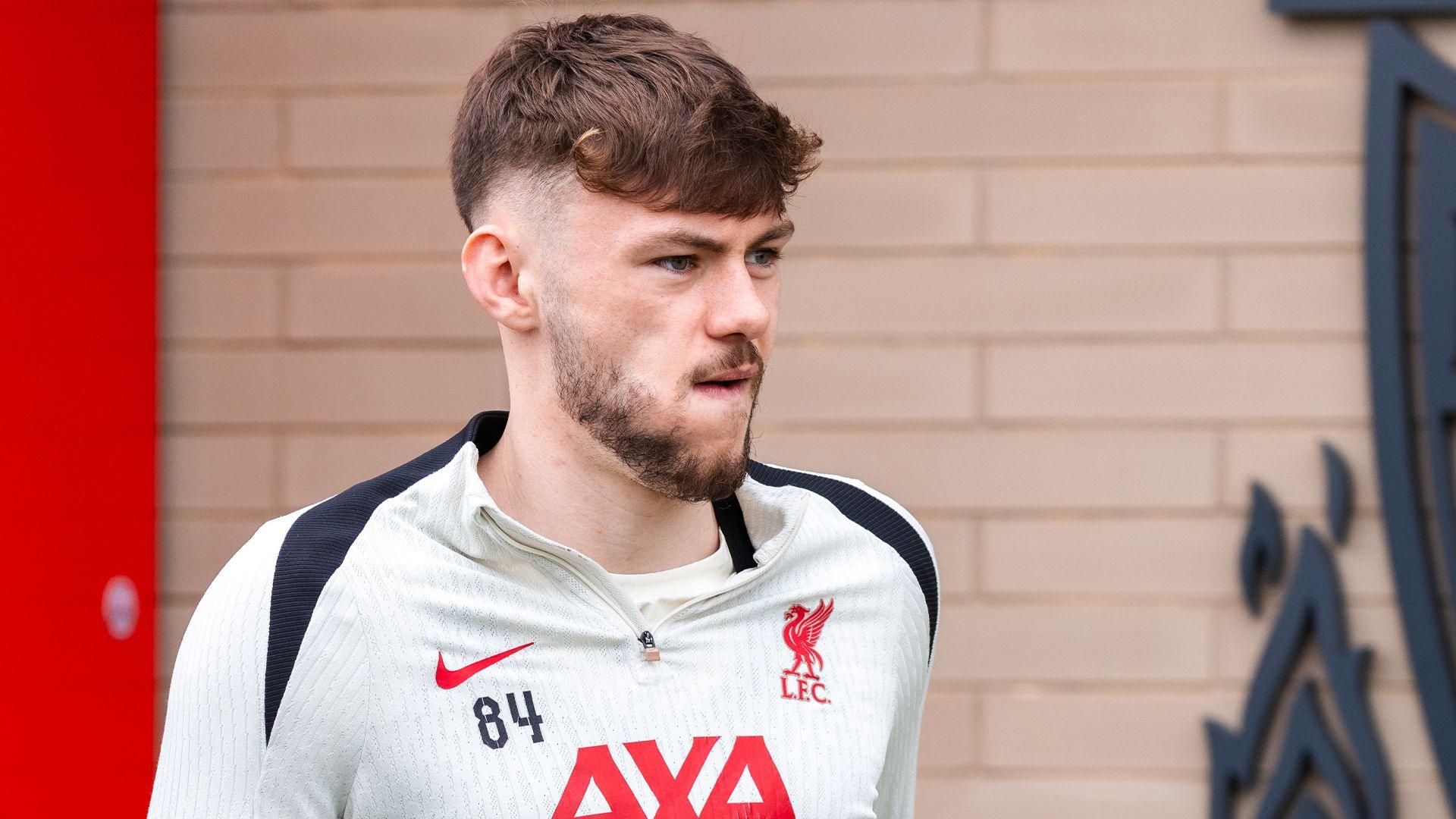News And PoliticsCommunications And EntertainmentSports And FitnessHealth And LifestyleOthersGeneralWorldnewsBusiness And MoneyNigerianewsRelationship And MarriageStories And PoemsArts And EducationScience And TechnologyCelebrityEntertainmentMotivationalsReligion And PrinciplesNewsFood And KitchenHealthPersonal Care And BeautySportsBusinessFamily And HolidaysStoriesIT And Computer ScienceRelationshipsLawLifestyleComedyReligionLifetipsEducationMotivationAgriculturePoliticsAnnouncementUSMLE And MedicalsMoneyEngineeringPoemsSocial SciencesHistoryFoodGive AidBeautyMarriageQuestions And AnswersHobbies And HandiworksVehicles And MobilityTechnologyFamilyPrinciplesNatureQuotesFashionAdvertisementChildrenKitchenGive HelpArtsWomenSpiritualityQuestions AnsweredAnimalsHerbal MedicineSciencePersonal CareFitnessTravelSecurityOpinionMedicineHome RemedyMenReviewsHobbiesGiveawayHolidaysUsmleVehiclesHandiworksHalloweenQ&A
Top Recent
Loading...
You are not following any account(s)
dataDp/3575.jpeg
Futbol

From Aston Villa & Preston To Everest Base Camp
~4.3 mins read
FA Cup quarter-final: Preston North End v Aston Villa Venue: Deepdale, Preston Date: Sunday, 30 March Kick-off: 13:30 BST Coverage: Watch on BBC One, iPlayer, plus BBC Sport website and app. Text commentary, goal clips and highlights on BBC Sport website and app. Listen live on BBC Radio 5 Live. As two of his former clubs aim to scale new heights in the FA Cup this weekend, Simon Grayson is getting ready to conquer his fears 4,500 miles away in Nepal. "The scariest thing they've mentioned is going to Everest base camp, which is a two-hour helicopter ride away," the former Preston North End manager and Aston Villa player tells BBC Sport from Kathmandu. "I'm not one for seeking thrills or anything like that." Grayson is a four-time promotion-winning boss closing in on 800 games as a manager. His latest challenge has taken the Yorkshireman to South Asia where he is in charge of Lalitpur City for the 2025 Nepal Super League season, which starts on Saturday. The following day Preston battle with Villa for a place at Wembley in the semi-finals of the FA Cup. In 2015, Grayson steered Preston from League One to the Championship, where they have remained. Before his managerial career he played for Aston Villa alongside the likes of Dwight Yorke, Stan Collymore and Gareth Southgate between 1997-1999. "My heart wants Preston to win but I also had two great years as a player at Villa as well," adds Grayson. Grayson has not managed in England since being sacked by League One Fleetwood in November 2021. The former Leeds United and Sunderland boss spent 18 months managing Bengaluru in the Indian Super League between June 2022 and December 2023 before landing his latest job. Grayson spoke to former England cricketer and fellow Yorkshireman Darren Gough before heading to Nepal's capital. "Darren had been there to do some commentary and said Kathmandu, where I'm based, is a great place," adds Grayson. "Hopefully I will come out of the experience a better person and a better coach. "I don't want to look back in years to come and have regrets about why I didn't try something. I'm here for a life experience." A trip to Everest base camp - used by climbers during their ascent and descent of the world's tallest mountain - will hopefully provide Grayson with at least one lasting memory. But the 55-year-old - who has 20 years of managerial experience including promotions with Leeds, Huddersfield Town, Blackpool and Preston - has made it clear he is in the spectacular Himalayan region to work. Despite the men's national football team being down in 175th place in Fifa's world rankings, football is popular in Nepal. The seven-team Nepal Super League - the country's first professional franchise-based football league - is about to start its third season, with Grayson's club Lalitpur City the defending champions. Crowds of up to 15,000 are expected to watch, starting with Saturday's derby between Grayson's side and Kathmandu Rayzrs. Ripon-born Grayson's squad includes players from Martinique, Haiti, Bhutan and Senegal, while Jonathan Cantillana is a midfielder who plays for Palestine. "They'll have to adapt to my Yorkshire accent," says Grayson, who has been bowled over by the charm and kindness of locals in Kathmandu - as well as the breathtaking Himalayan views, golden temples and charming hill villages. Three days after arriving in Nepal's capital, Grayson experienced Holi - the ancient Hindu festival of colours that celebrates spring, love, and new life which is traditionally celebrated by throwing bright coloured powder over family and friends. Nepal is home to eight of the world's 14 highest mountains - including Everest - but, while Grayson is hoping to hit new heights with Lalitpur, he is happy to give the thrill-seeking a miss. "I travelled in a cable car to meet the owners of my new club in a hotel in the mountains," he adds. "I wasn't looking forward to getting in a cable car and I didn't particularly enjoy it." The Nepal Super League season lasts just four weeks, with the play-off final to decide the champions on 26 April - FA Cup semi-final weekend. Will it be Preston, 14th in the Championship table, or Aston Villa - who face Paris St-Germain in a mouth-watering Champions League quarter-final next month - at Wembley on the final weekend of April? "I loved my time at Preston," adds Grayson, who was in charge at Deepdale between 2013 and 2017. "I had nothing but good times there and won promotion in front of around 50,000 fans at Wembley by beating Swindon 4-0 in the play-off final. "I had no aspirations to leave but then Sunderland came knocking and it felt like one of those clubs you could help get back into the Premier League." Grayson knows Villa fans are desperate for success. He joined them from Leicester City in June 1997, 15 months after Villa won the League Cup by beating Leeds in the 1996 final. Villa have not won a major trophy since but Grayson believes that could be about to change under Unai Emery. "I have been so impressed with what he has done," he adds. "No disrespect to Preston, but winning the FA Cup could be a big opportunity for Villa this season. "Villa are a huge club and they will look at this game as an opportunity towards getting to the final and winning silverware. "I'm intrigued as to how this tie is going to go." Will Grayson be watching the action at Deepdale on television in Nepal? "I'm still getting used to the time difference over here. We're five hours and 45 minutes ahead. But the early kick-off means I can watch it. "Had it been later I'd have missed it - we've got training the next morning!".
All thanks to BBC Sport
profile/1004rIHinPZt_400x400.jpg
Chudi

~0.1 mins read

Apple iPhone 15 Pro Max available for sale, click here to buy now >>> bit.ly/New_iPhone15ProMax
dataDp/3575.jpeg
Futbol

Fit-again Bradley Could Feature Against Everton
~1.1 mins read
Liverpool right-back Conor Bradley could feature in Wednesday's Premier League derby with Everton after returning to training. The 21-year-old has been sidelined after being forced off with a hamstring injury in Liverpool's 2-2 draw with Aston Villa in February. Liverpool manager Arne Slot said Bradley was back in training after missing six matches but he would have to be "smart" about his involvement at Anfield. "We have to make a decision on whether he is playing, and if playing means coming in or starting," Slot said in Tuesday's press conference. "That's something I keep for myself. He's only had a few sessions after being out for quite a long time with a repetitive injury so we have to make a smart decision." With Trent Alexander-Arnold and Bradley injured, Jarell Quansah started at right-back in Liverpool's Carabao Cup final defeat by Newcastle United. Bradley also missed Northern Ireland's friendlies with Switzerland and Sweden in March with the issue. Liverpool hold a 12-point lead at the top of the Premier League with nine matches remaining. Brazil goalkeeper Alisson and Netherlands midfielder Ryan Gravenberch are expected to be available for the derby despite withdrawing from their international squads. "Ryan is OK. We have to train one more time but he is OK," added Slot. "Ali trained with us as well. The last check has to be made this afternoon, after the session, to see if he is available to play."
All thanks to BBC Sport
dataDp/1032.jpeg
Worldnews

Houthis Claim Retaliation As US Says Its Strikes To Continue In Yemen
~3.4 mins read
At least 31 people killed in Yemen after US President Donald Trump orders intense strikes in response to the Houthis’ attacks in the Red Sea. Yemen’s Houthis have said they have retaliated after vowing to “meet escalation with escalation” following the United States air strikes against the group that killed at least 31 people on Saturday. Houthi military spokesperson Yahya Saree said on Sunday that the group targeted the US aircraft carrier USS Harry S Truman and its warships with 18 ballistic and cruise missiles and a drone, state TV Al Masirah reported. The US has not yet responded to the Houthis’ claim. Saree added that the US had launched more than 47 raids on various areas in Yemen. In separate comments, Abdul Malik al Houthi, the leader of the Houthi movement, said in a televised statement that the US and Israel were “seeking to impose the equation of permissibility on the region and its people”. “We will respond to the American enemy with missile strikes and targeting its warships and naval vessels,” al-Houthi said, adding that they have decided to “threaten Israeli shipping to pressure the entry of humanitarian aid into the Gaza Strip”. Earlier, the Houthi political bureau said that the deadly strikes constituted a “war crime”. Houthi Health Ministry spokesperson Anis Al-Asbahi said Saturday’s attacks targeted the capital, Sanaa, and areas in Saada, Al Bayda and Radaa, killing at least 31 people and wounding 101, “most of whom were children and women”. But after ordering the initial attacks, US President Donald Trump said he would use “overwhelming lethal force” until the Houthis cease their attacks on shipping along the crucial maritime corridor in the Red Sea. The Houthis, who began their attacks on shipping containers in response to Israel’s war on Gaza in 2023, and in defence of the Palestinians, reiterated on Sunday in separate comments that the “naval operation will continue until [the] Gaza blockade is lifted and aid is let in”. The Houthis had halted the attacks when the Gaza ceasefire took effect in January and have not launched any attacks in the two months since. At the beginning of March, Israeli Prime Minister Benjamin Netanyahu announced that the entry of aid deliveries to Gaza was being suspended in a move to pressure Hamas into accepting an extension of the first stage of the ceasefire deal instead of moving on to the next stage, which would negotiate an end to the war. On Tuesday, the Houthis announced they would resume attacks after their deadline for Israel to allow the resumption of aid deliveries into Gaza had passed. On Sunday morning, US Defense Secretary Pete Hegseth said Washington would conduct “unrelenting” strikes against the Houthis until they stop targeting US assets and global shipping. Speaking to Fox News, Hegseth said the campaign was a response to the numerous attacks the Houthis have launched on ships since November 2023 and served as a warning to Iran to cease supporting the group. “This will continue until you say ‘We’re done shooting at ships. We’re done shooting at assets,'” Hegseth said. The US and some of its allies have bombed Yemen with cruise missiles on several occasions since January 2024 as Israel’s war in Gaza raged and the Houthis continued their sustained maritime campaign. US Secretary of State Marco Rubio also announced that the US military campaign would continue until the group could no longer strike ships. He blamed Iran for supporting the Houthis. US National Security Advisor Michael Waltz told ABC that the strikes “actually targeted multiple Houthi leaders and took them out”. There has been no confirmation from the Houthis about Waltz’s comments. Nabeel Khoury, a former US diplomat, told Al Jazeera that Trump’s decision to launch attacks against the Houthis is “misguided”. The Houthis, who have been “bombed severely all over their territory” in the past, are not likely to be subdued through “a few weeks of bombing”, Khoury said, adding that attacks on shipping containers could be resolved through diplomacy. As Trump warned Iran to stop supporting the Houthis and vowed to hold Tehran “fully accountable” for the actions of the group, General Hossein Salami, head of Iran’s Islamic Revolutionary Guard Corps (IRGC), denied his country was involved in the Houthis’ attacks. According to state-run TV, Salami said on Sunday that Iran “plays no role in setting the national or operational policies” of the groups it is aligned with across the region. Iran’s Foreign Minister Abbas Araghchi also urged the US to halt the strikes on a post on X and said Washington could not dictate Iran’s foreign policy. United Nations Secretary-General Antonio Guterres on Sunday called for “utmost restraint and a cessation of all military activities” in Yemen, his spokesperson said. “Any additional escalation could exacerbate regional tensions, fuel cycles of retaliation that may further destabilize Yemen and the region, and pose grave risks to the already dire humanitarian situation in the country,” U.N. spokesperson Stephane Dujarric said in a statement. Follow Al Jazeera English:...
Read this story on Aljazeera
Loading...
 Futbol
Futbol
 Chudi
Chudi
 Worldnews
Worldnews